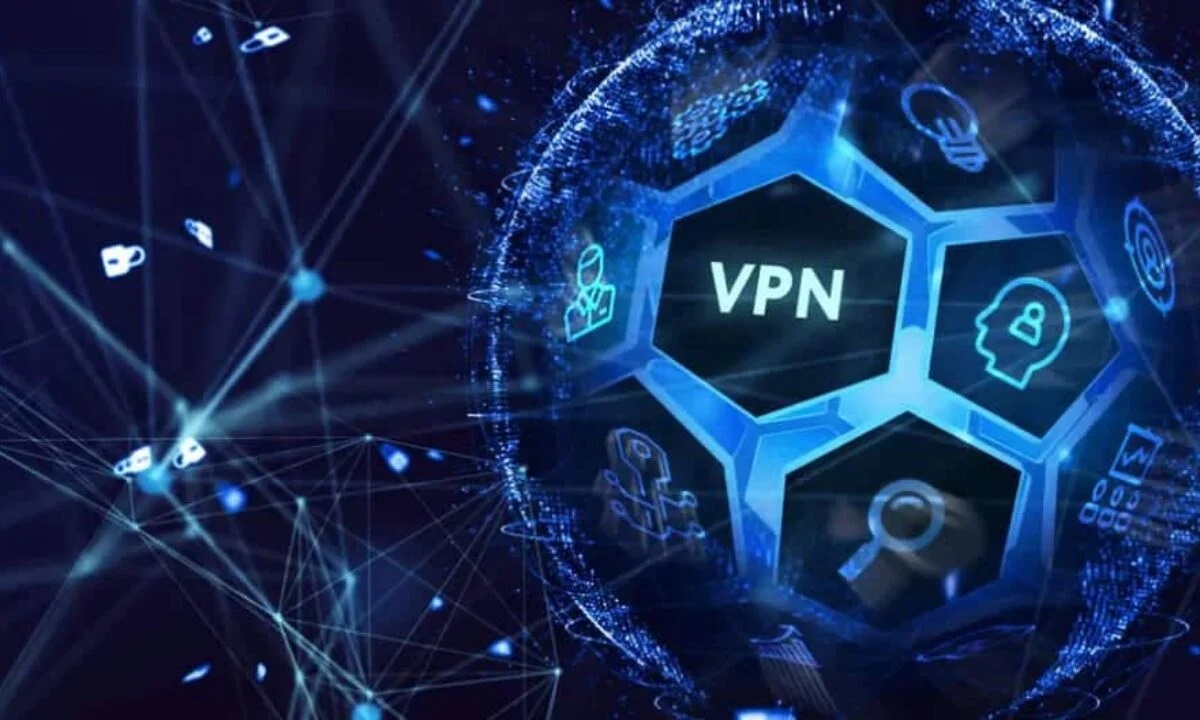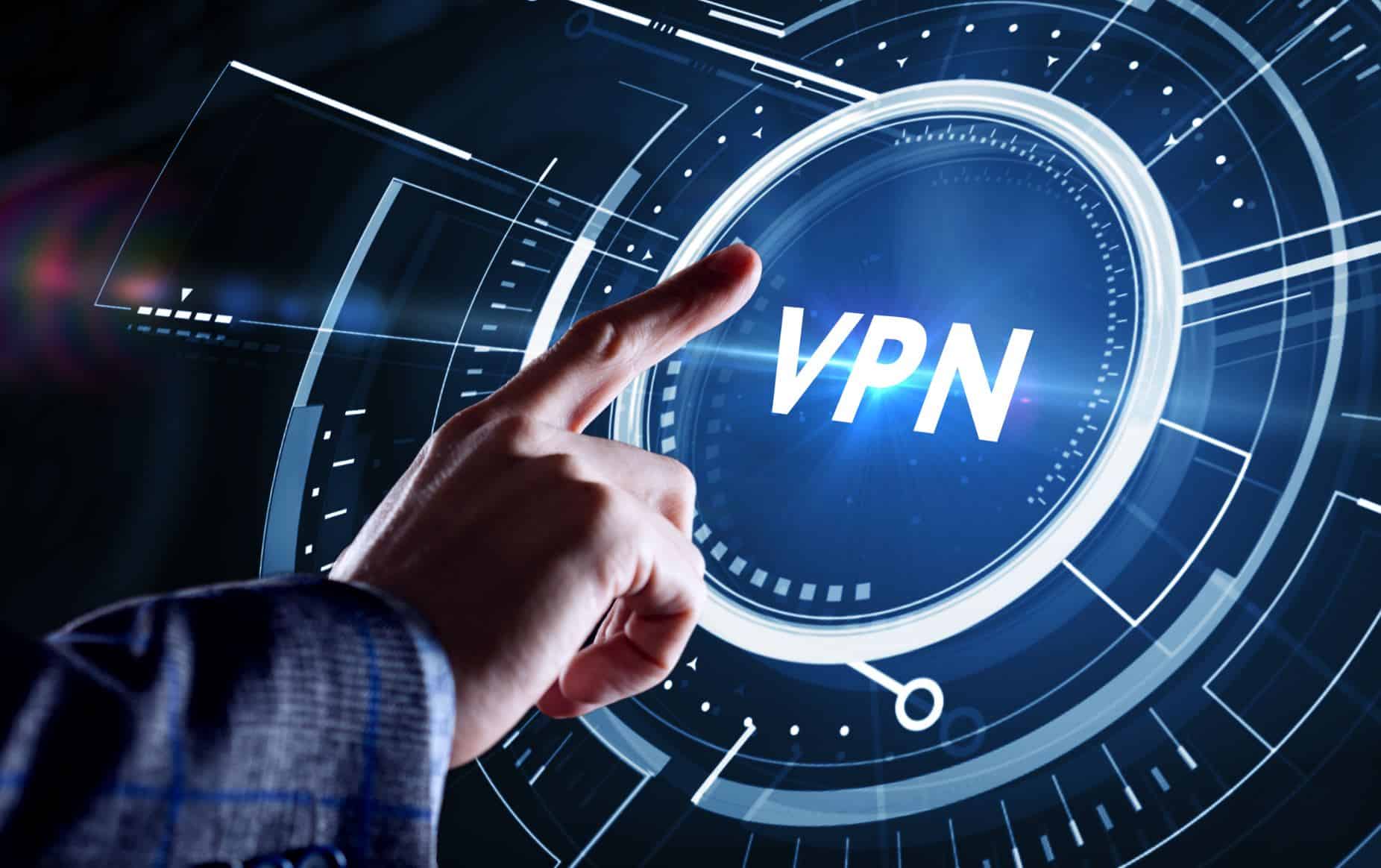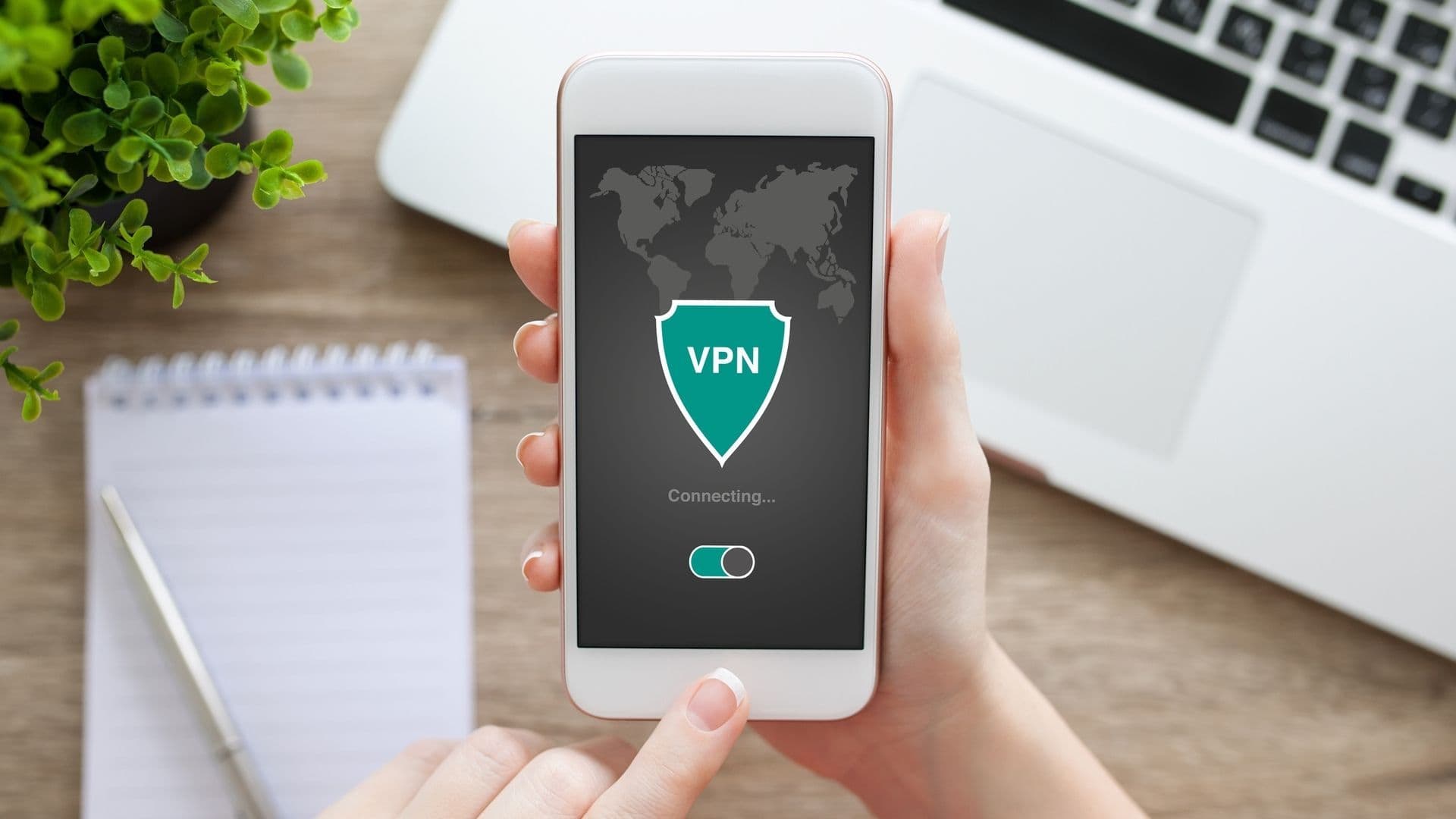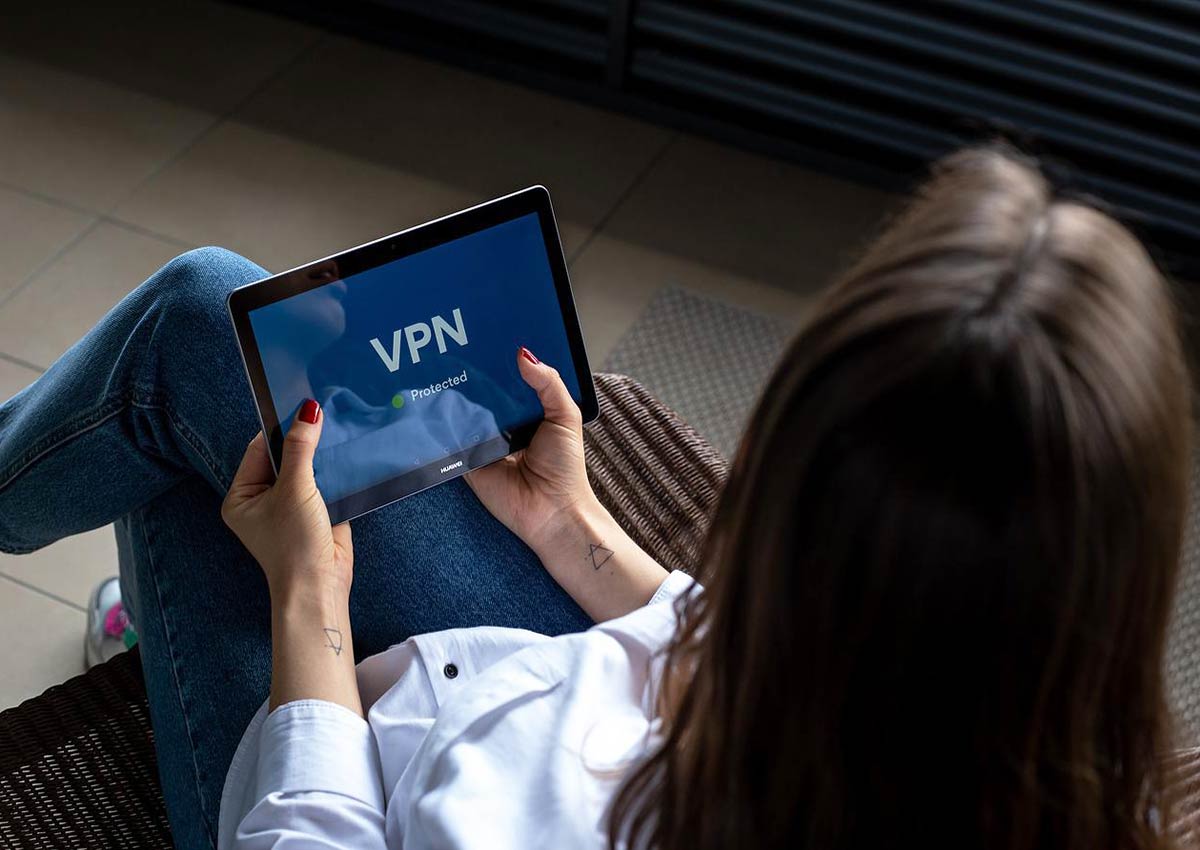Home>Software and Apps>Which Process Is Used To Protect Transmitted Data In A VPN


Software and Apps
Which Process Is Used To Protect Transmitted Data In A VPN
Modified: September 5, 2024
Learn how software and apps use encryption to protect transmitted data in a VPN. Understand the process and ensure secure communication.
(Many of the links in this article redirect to a specific reviewed product. Your purchase of these products through affiliate links helps to generate commission for Techsplurge.com, at no extra cost. Learn more)
Table of Contents
Encryption: The Cornerstone of VPN Security
Encryption Algorithms
Several encryption algorithms are commonly used in VPNs, each with unique strengths and weaknesses:
-
AES (Advanced Encryption Standard): Widely regarded as one of the most secure encryption algorithms. It operates on blocks of 128 bits and supports key sizes of 128, 192, and 256 bits. AES is fast and efficient, making it suitable for real-time applications like video streaming and VoIP.
-
ChaCha20: Known for high performance and resistance to side-channel attacks. Often used in conjunction with Poly1305 for authentication.
-
Blowfish: Less commonly used today due to slower performance compared to AES. Operates on 64-bit blocks and supports key sizes of up to 448 bits.
Encryption Keys
Encryption keys ensure that only authorized parties can decrypt the encrypted data. There are two primary types:
-
Symmetric Keys: The same key is used for both encryption and decryption. Offers high performance but requires secure key exchange mechanisms.
-
Asymmetric Keys: Consist of a pair: a public key for encryption and a private key for decryption. Slower than symmetric encryption but provides a secure way to exchange symmetric keys.
Key Exchange Protocols
Key exchange protocols securely distribute encryption keys between VPN endpoints. Popular protocols include:
-
Diffie-Hellman Key Exchange (DHKE): An asymmetric key exchange protocol allowing two parties to establish a shared secret key over an insecure communication channel without actually exchanging the key.
-
Elliptic Curve Diffie-Hellman (ECDH): An elliptic curve variant of DHKE, offering faster performance and smaller key sizes.
-
RSA Key Exchange: Uses RSA for key exchange by encrypting the symmetric key with the recipient's public key.
Data Encryption Process
The data encryption process in a VPN typically involves:
- Key Exchange: The VPN client and server perform a key exchange protocol to establish a shared symmetric key.
- Initialization Vector (IV): An IV is generated to ensure each block of plaintext data is encrypted independently.
- Encryption: The plaintext data is divided into blocks, and each block is encrypted using the shared symmetric key.
- Authentication Tag: An authentication tag is added to ensure the integrity of the encrypted data.
Read more: Which Banks Block VPN
Authentication: Ensuring Authorized Access
Authentication Protocols
Several authentication protocols verify the identity of users and ensure only legitimate traffic is allowed through the tunnel:
-
OpenSSL/TLS: Transport Layer Security (TLS) is widely used for secure communication over the internet. Provides end-to-end encryption and authentication.
-
OpenVPN’s SSL/TLS: Uses SSL/TLS certificates for authentication and key exchange.
-
IKEv2/IPSec: Internet Key Exchange version 2 (IKEv2) is used in conjunction with Internet Protocol Security (IPSec) to establish secure tunnels between VPN endpoints.
Certificate-Based Authentication
Certificate-based authentication involves using digital certificates issued by trusted Certificate Authorities (CAs). These certificates contain public keys and identity information that can be verified by the recipient.
2-Factor Authentication
Two-factor authentication adds an extra layer of security by requiring both something you know (password) and something you have (smart card or token) to access the VPN.
Read more: Why Does VPN Not Work On Mobile Data
Tunneling Protocols: Secure Data Encapsulation
Tunneling protocols encapsulate the encrypted data within another protocol, allowing it to traverse the internet securely. Popular tunneling protocols include:
IPSec
IPSec is a suite of protocols providing secure communication over IP networks. It includes two main components: Encapsulating Security Payload (ESP) for encrypting data and Authentication Header (AH) for authenticating data.
OpenVPN
OpenVPN is an open-source VPN solution using SSL/TLS for encryption and authentication. Supports multiple encryption algorithms and is highly configurable.
L2TP/IPSec
Layer 2 Tunneling Protocol (L2TP) over IPSec combines the flexibility of L2TP with the security of IPSec.
Secure Routing: Ensuring Safe Data Paths
Secure routing ensures encrypted data is routed through the most secure paths possible. This involves using routing protocols that can detect and prevent man-in-the-middle attacks.
BGP and OSPF
Border Gateway Protocol (BGP) and Open Shortest Path First (OSPF) are routing protocols that can be used in conjunction with VPNs to ensure secure routing.
Logging and Auditing: Monitoring VPN Activity
Logging and auditing are essential for monitoring VPN activity and detecting any potential security breaches. This involves maintaining logs of all connections, traffic patterns, and any security incidents.
Regular Updates and Patches: Maintaining Security
Regular updates and patches are crucial for maintaining VPN security. This includes updating encryption algorithms, patching vulnerabilities in software, and ensuring all components are running with the latest security patches.
By understanding these processes and technologies, individuals can make informed decisions about their VPN choices, ensuring they are using a secure and reliable solution for their online activities.













